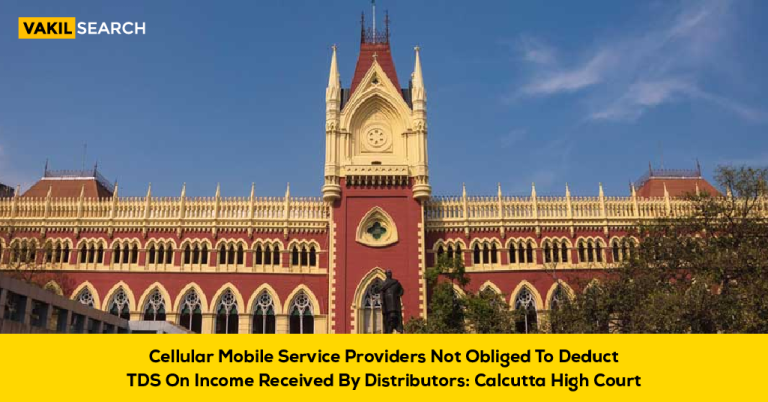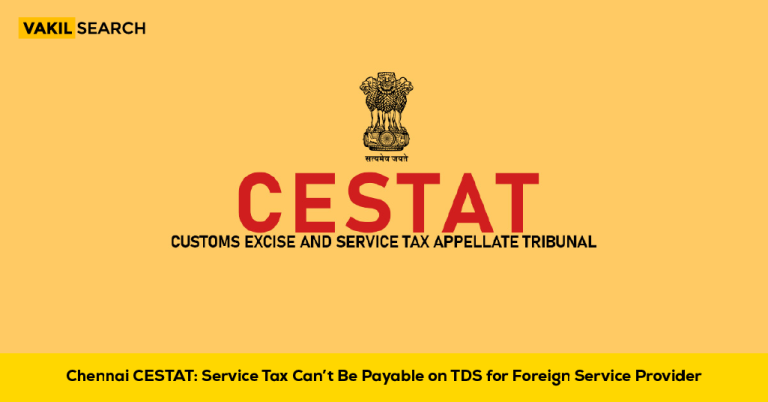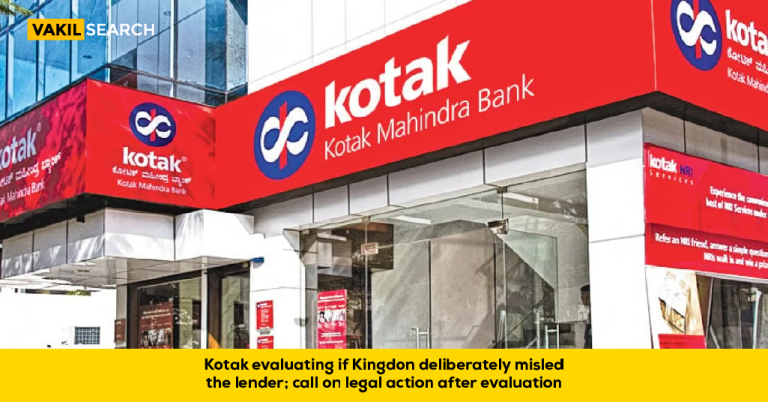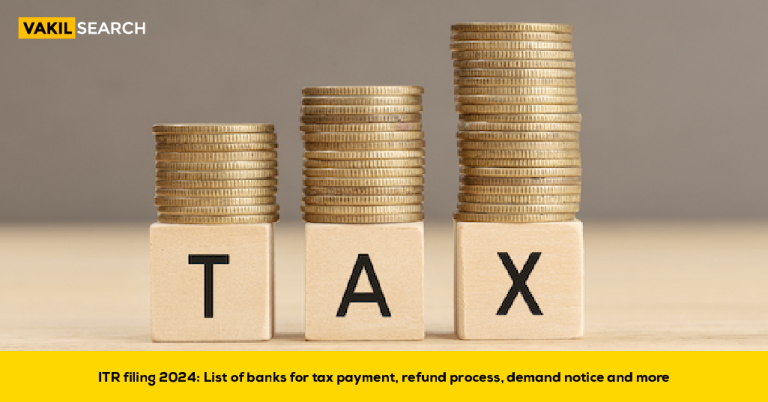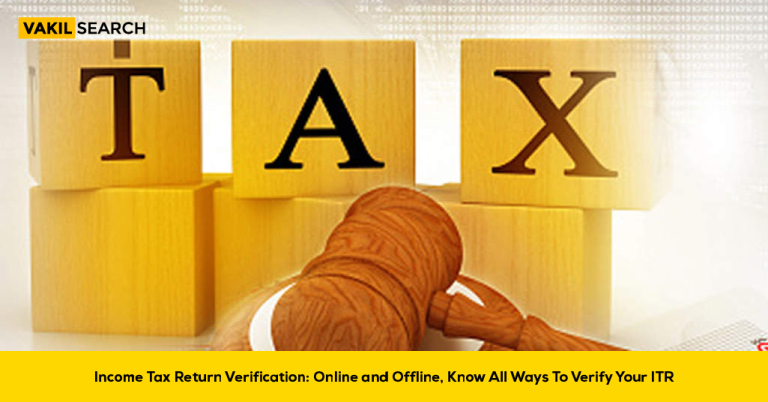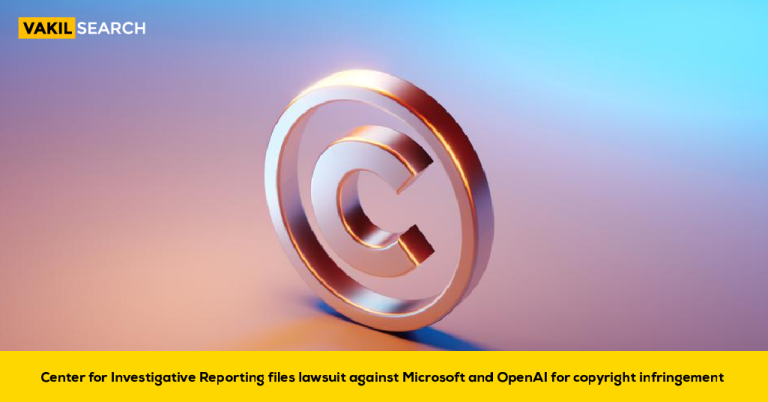In a significant ruling, the Calcutta High Court has determined that cellular mobile service providers are not obligated to deduct tax at source (TDS) on income received by their distributors or franchisees from customers.
The bench, consisting of Justice Surya Prakash Kesarwani and Justice Rajarshi Bharadwaj, based their decision on a precedent set by the Supreme Court in the case of Bharti Cellular Limited vs. Assistant Commissioner of Income Tax Circle-57, Kolkata. The Supreme Court had ruled that service providers are not legally required to deduct TDS on the income or profit component received by distributors or franchisees from third parties or customers, including proceeds from the sale of pre-paid coupons or starter kits.
Vodafone Idea Limited, the petitioner in this case, is a prominent Indian telecommunications company headquartered in Mumbai and Gandhinagar. It operates as an all-India integrated GSM operator, offering extensive mobile telephony services nationwide.
The issue under consideration was whether Vodafone Idea, through its agreements with distributors, was obligated to comply with Section 194H of the Income Tax Act, 1961, which pertains to TDS on commission or brokerage payments. The court’s interpretation, following the Bharti Cellular case, resolved in favour of Vodafone Idea, emphasising that the discounts provided to distributors for prepaid SIM cards and recharge coupons do not necessitate TDS deductions.
Section 194H of the Income Tax Act mandates TDS on commissions or brokerages paid to residents, but it does not apply to transactions where the payment structure does not involve such commissions or brokerages.
This ruling clarifies the tax liabilities of telecommunications companies regarding their distributor networks, ensuring compliance with tax laws while protecting business operations from unnecessary financial burdens. It establishes a precedent that aligns with judicial interpretations aimed at balancing regulatory requirements with commercial practices in the telecom sector.


